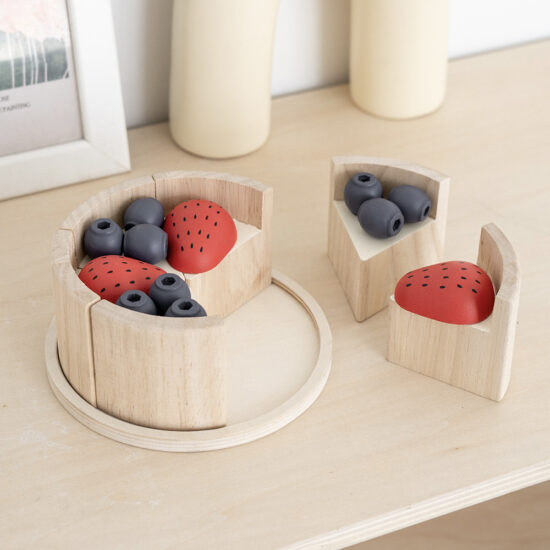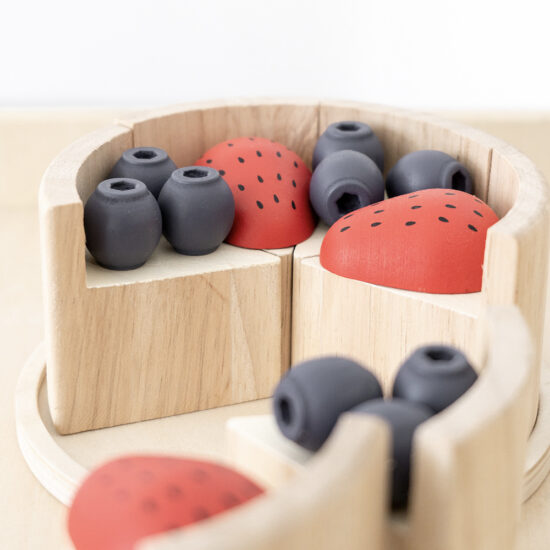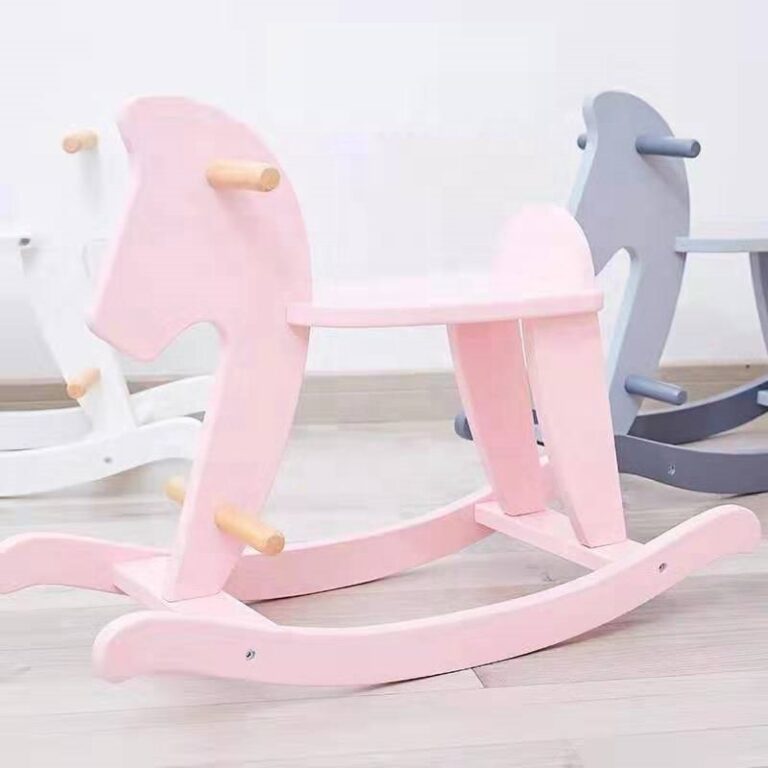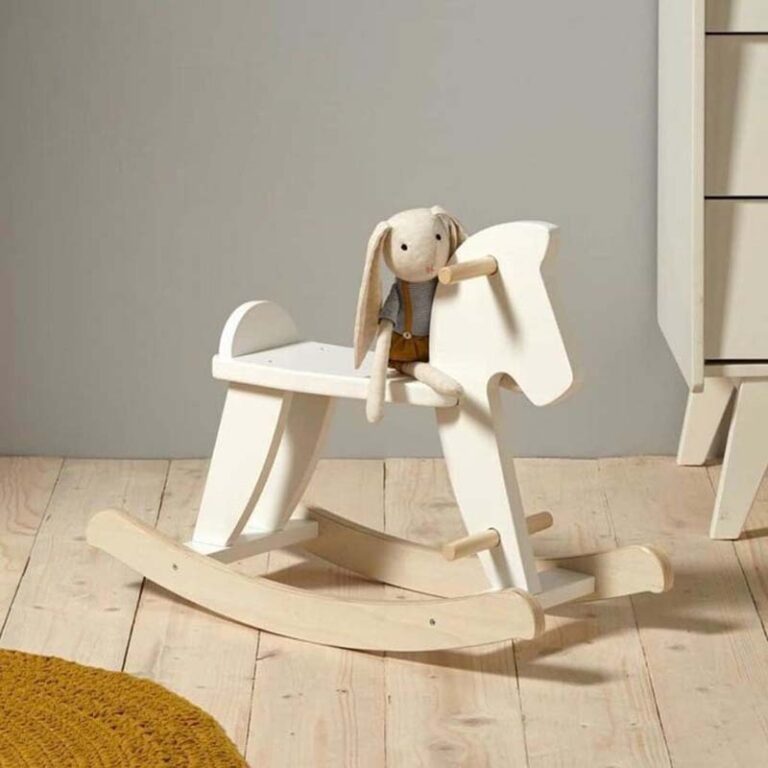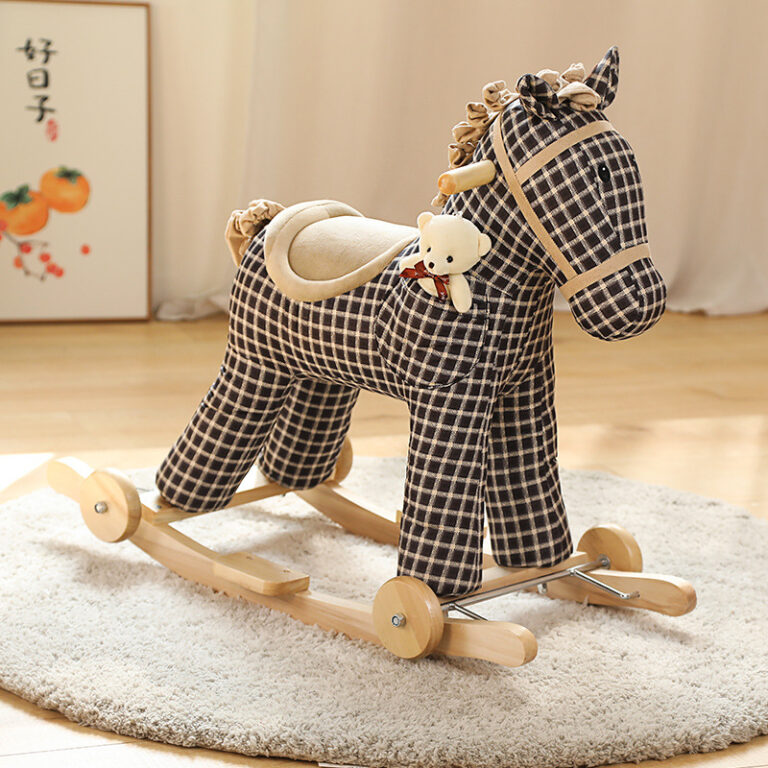jay@nbdho.com
The Educational Design and Lasting Play Value of Wooden Puzzle Toys
Wooden puzzle toys have long been cherished for their simplicity, durability, and educational value. Unlike flashy electronic games, wooden puzzles engage children in a quiet, focused type of play that stimulates both the mind and the hands. Their thoughtful design and lasting play value make them essential tools in early childhood development.
At the heart of every wooden puzzle is intentional design. Whether it’s a basic shape sorter or a complex layered puzzle, each piece is crafted to fit precisely—teaching children the concepts of order, logic, and spatial relationships. The tactile nature of wood adds a sensory richness to the learning process, helping young minds absorb ideas more naturally through touch and manipulation.
Wooden puzzle toys come in a variety of styles to match different developmental stages. For toddlers, knob puzzles with large, easy-to-grasp pieces support hand-eye coordination and object recognition. As children grow, more detailed puzzles—featuring letters, numbers, animals, or maps—encourage memory skills, vocabulary expansion, and critical thinking. Some puzzles even introduce sequencing and storytelling, blending creativity with logic.
One of the key advantages of wooden puzzles is their open-ended play value. Unlike toys with one fixed use, puzzles can be revisited many times. Children often return to familiar puzzles to test new strategies or solve them faster, which strengthens confidence and perseverance. Repetition reinforces learning, while success provides a rewarding sense of achievement.
Durability also plays a major role in their value. Made from solid, natural materials, wooden puzzles withstand years of use without warping, fading, or breaking—making them ideal for families, classrooms, or passing down between siblings. Many are crafted from sustainably sourced wood and coated with non-toxic paints, adding to their appeal for environmentally conscious parents.
In addition to solo learning, puzzles promote cooperative play. Siblings or friends working on a puzzle together practice communication, turn-taking, and teamwork. This social aspect adds another layer of developmental benefit, especially for preschool-aged children preparing for classroom environments.
Ultimately, wooden puzzle toys offer more than just fun. They are thoughtfully designed to nurture essential cognitive and motor skills, foster patience, and provide a strong foundation for lifelong learning—all while offering timeless, screen-free play.
